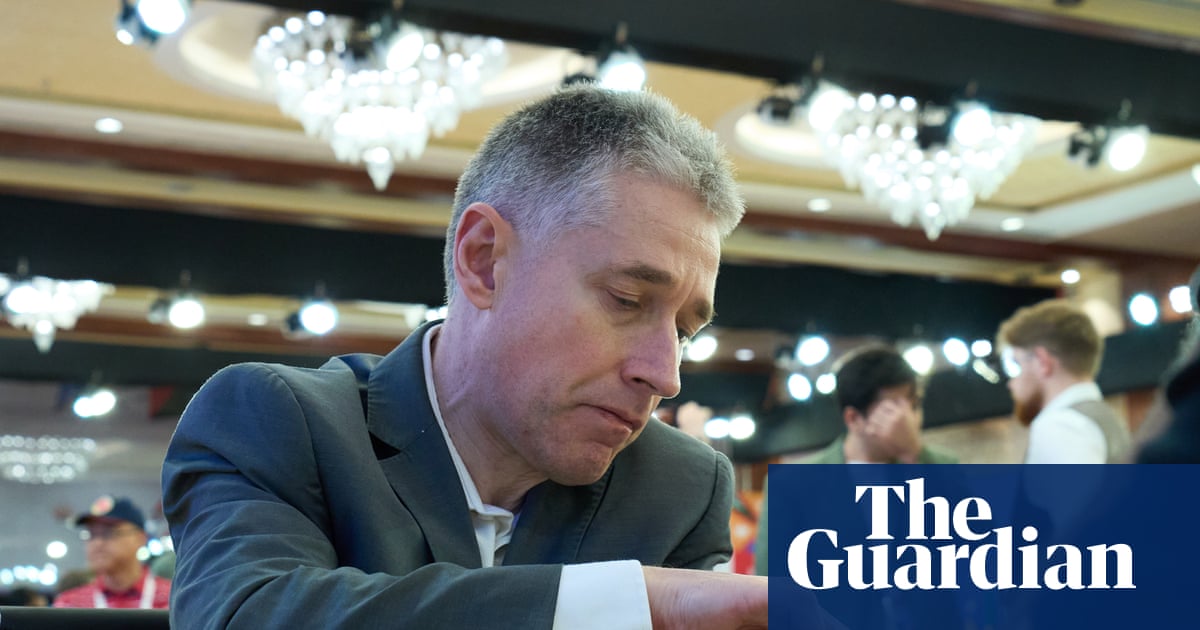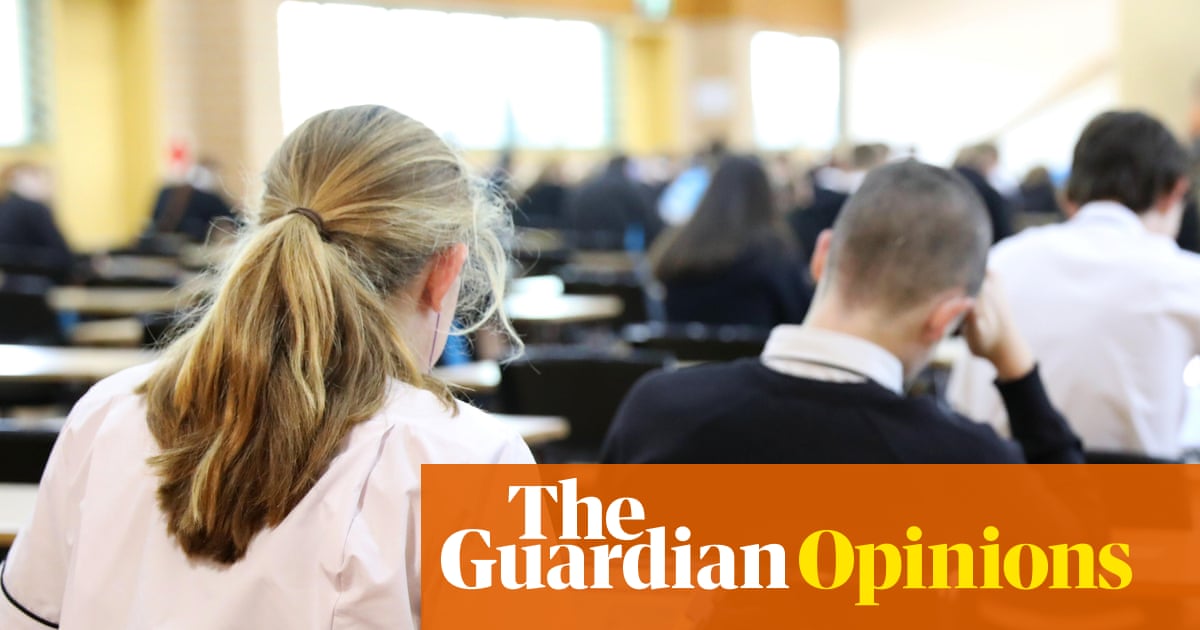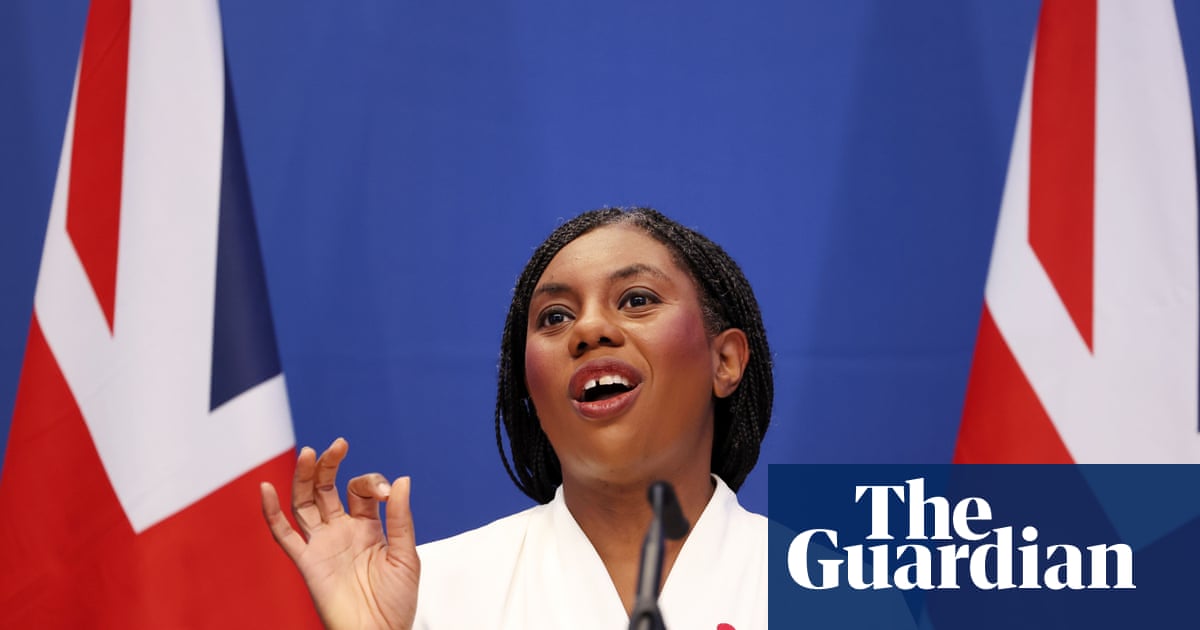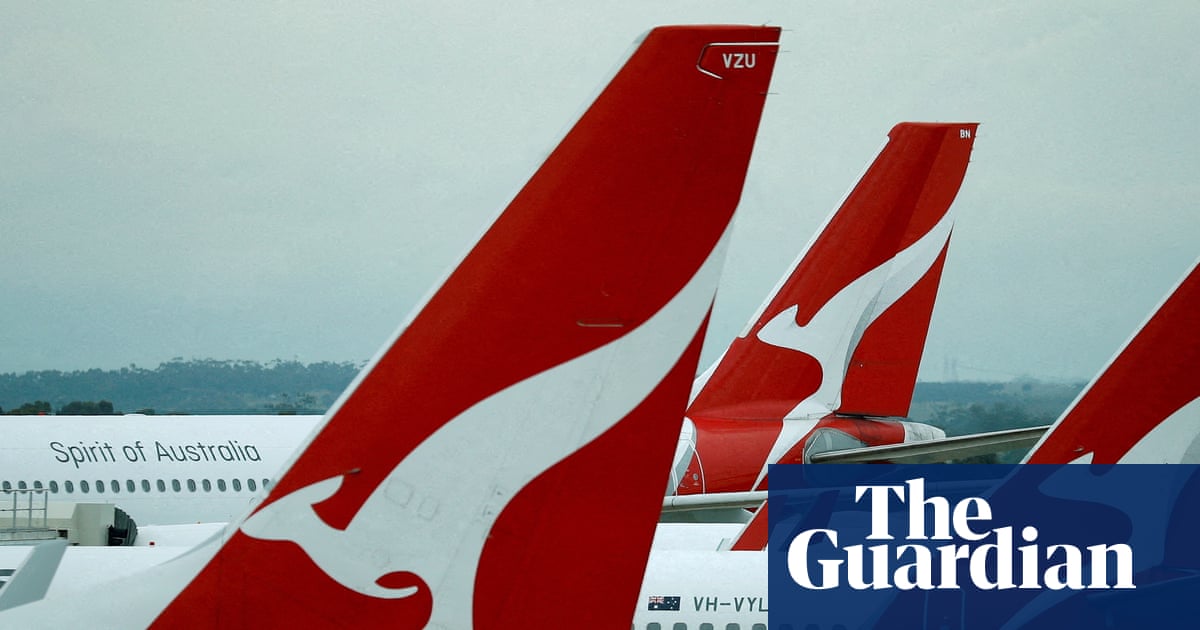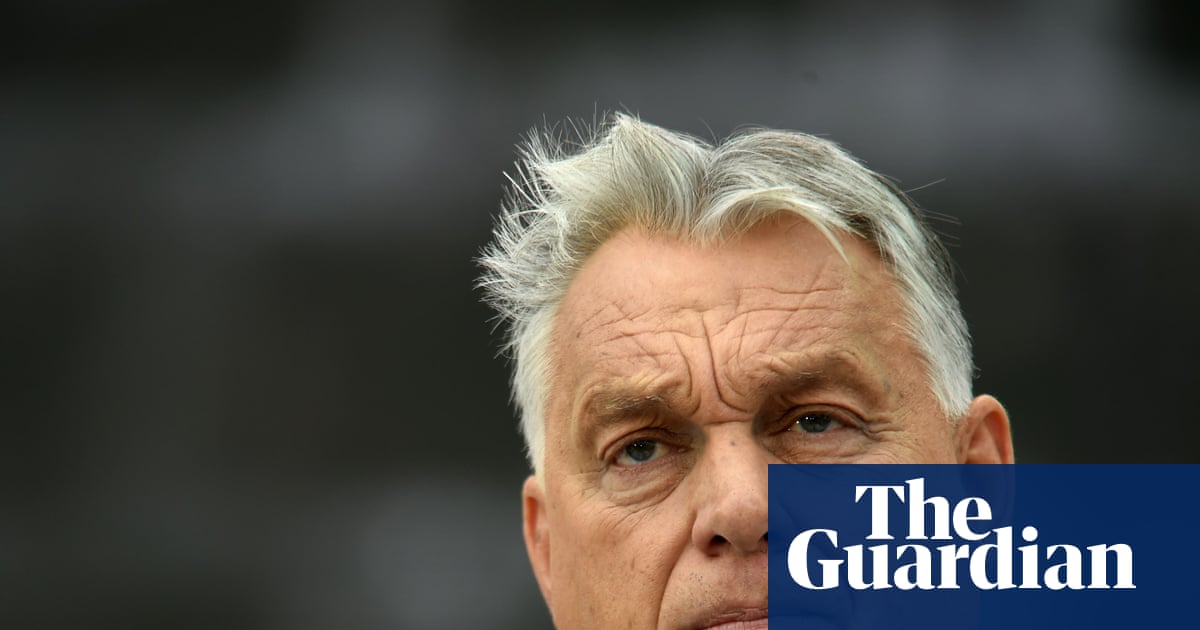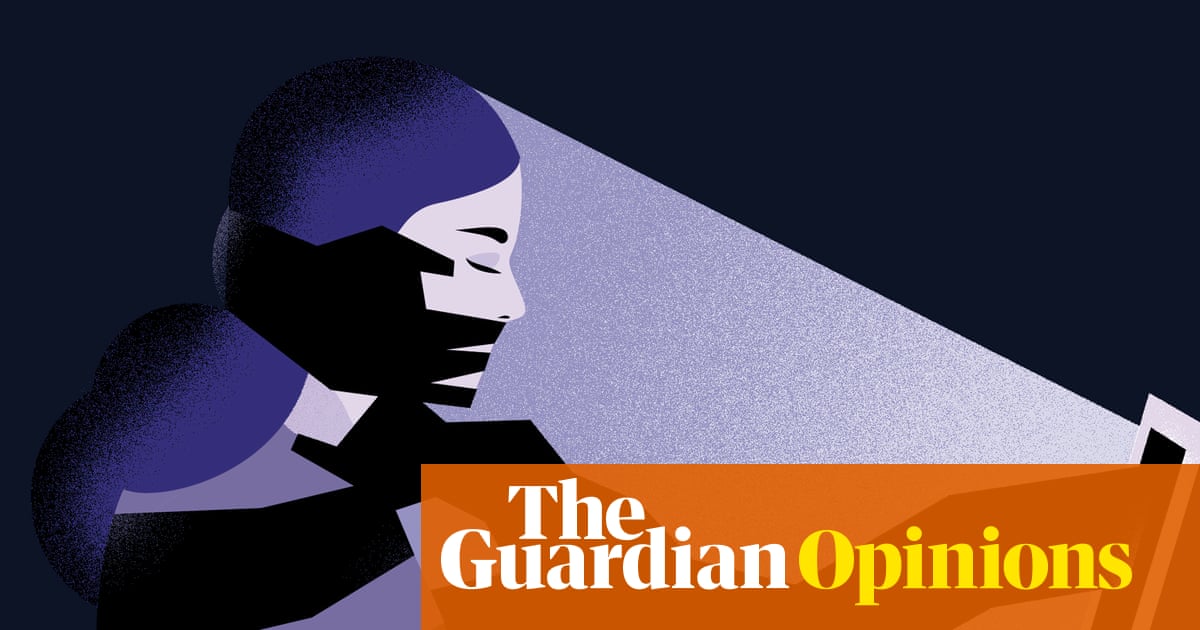HM Revenue and Customs has been sharply criticised by parliament’s spending watchdog for being unable to track how many billionaires pay tax in the UK.
In a highly critical report on the collection of tax from wealthy individuals, the influential Public Accounts Committee (PAC) said HMRC could not say how much the super-rich either contributed to the exchequer or avoided.
Highlighting “significant opportunities to collect more revenue”, it warned that the lack of clarity risked damaging public confidence and called on the tax authority to take immediate action.
It comes as Keir Starmer’s government faces growing demands to increase taxes on wealth after Labour’s welfare U-turn earlier this month raised fresh questions over the health of the public finances.
Ministers have warned of “financial consequences” after the backtracking on disability benefits and winter fuel payments for pensioners, which will cost more than £6bn.
Alongside a tepid economic outlook and elevated borrowing costs, economists have said Rachel Reeves could be forced to raise taxes at her autumn budget to cover a shortfall of as much as £30bn.
Despite mounting speculation over tax rises, Reeves has sought to reassure business leaders and financiers that Labour’s priority remains driving up economic growth, including through lighter-touch City regulation, amid a desire to ensure Britain remains attractive to global investors.
However, the government last week declined to rule out the introduction of a wealth tax after the former Labour leader Neil Kinnock called for a new levy to be introduced.
Successive governments have attempted to close the “tax gap” – the shortfall between what HMRC expects to receive and actual receipts – including through tackling non-compliance.
At her spending review last month, Reeves announced extra funding worth £1.7bn over four years for HMRC to recruit an additional 5,500 compliance and 2,400 debt management staff.
The Treasury expects this to raise £7.5bn a year in extra tax by 2029-30 through helping to close the tax gap.
However, the PAC report will add to pressure to ensure the wealthy contribute their fair share.
The report praised work by tax officials to ensure wealthy individuals complied with the rules, which had brought in an extra £5.2bn of revenue in 2023-24, up from £2.2bn in 2019-20.
However, it said the increase suggested either wealthy non-compliance had got worse, or that previous estimates of tax avoidance were too low.
While there are relatively few billionaires in Britain, the PAC said it was disappointed that HMRC could not use the wide range of data at its disposal to identify these individuals.
HMRC defines wealthy individuals as those with incomes of £200,000 or more, or assets equal to or above £2m, in any of the last three years. The report said that because a billionaire has wealth and assets 500 times greater than this level, there was a huge potential impact on how much tax revenues were generated.
Calling on HMRC to urgently improve its understanding of the wealth and assets of UK taxpayers, the PAC said officials could make a start by comparing available public data on known billionaires, such as from the Sunday Times rich list, with its own records.
In 2025, the rich list identified 156 billionaires, down from 165 a year before, including the chemicals magnate Jim Ratcliffe, entrepreneur James Dyson, and the property tycoons David and Simon Reuben.
Gopi Hinduja and his family, who own the Hinduja Group conglomerate, were ranked as Britain’s wealthiest family, with an estimated fortune of £35.3bn.
Lloyd Hatton MP, a Labour member of the PAC, said the committee was “disappointed to find that HMRC, of all organisations, was unable to provide any insight” into the tax affairs of billionaires despite the great deal of information in the public domain.
“Our report shows that, however you slice it, there is a lot of money being left on the table,” he said.
A HMRC spokesperson said the extra resources announced in the spending review would allow tax officials to “significantly step up our work”.
“The government is determined to make sure everyone pays the tax they owe,” it added.

 3 months ago
54
3 months ago
54



